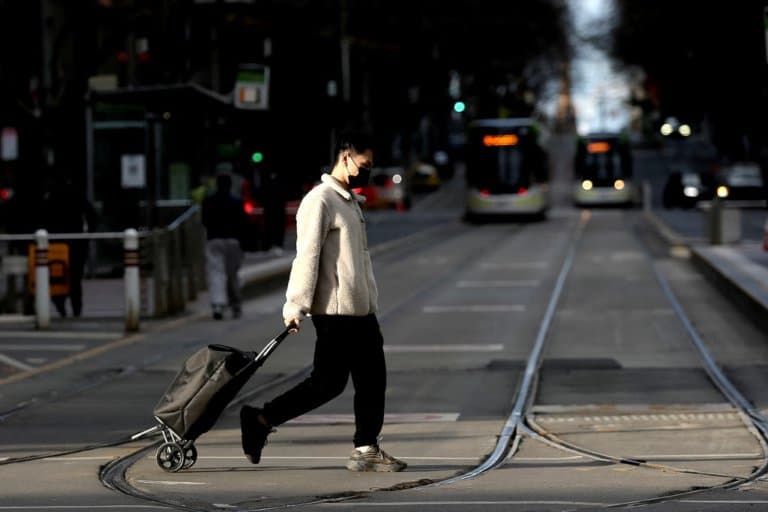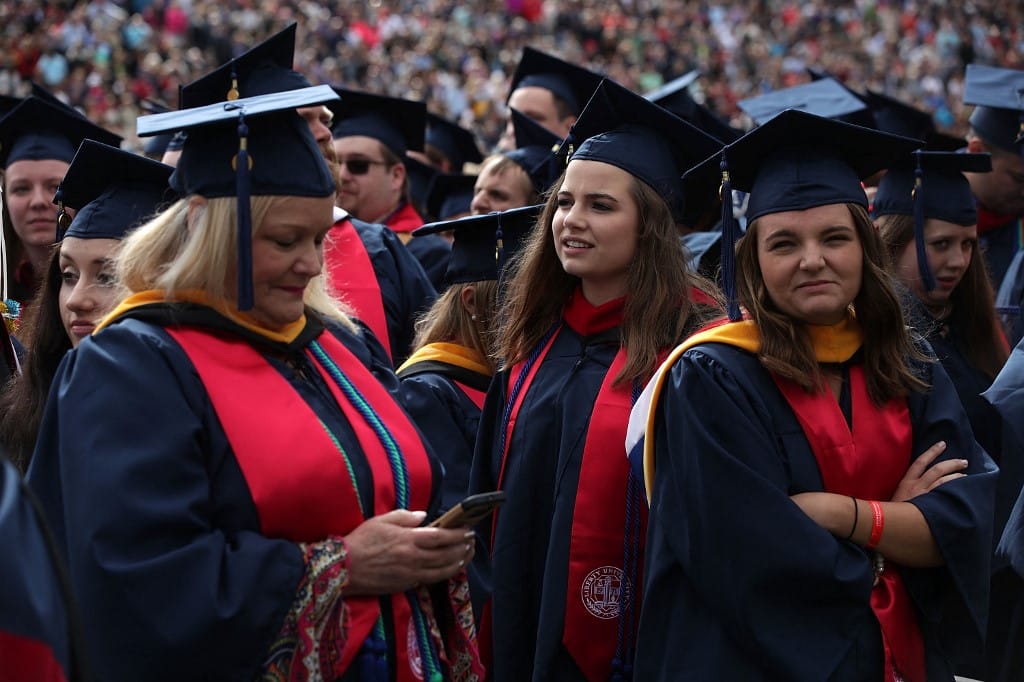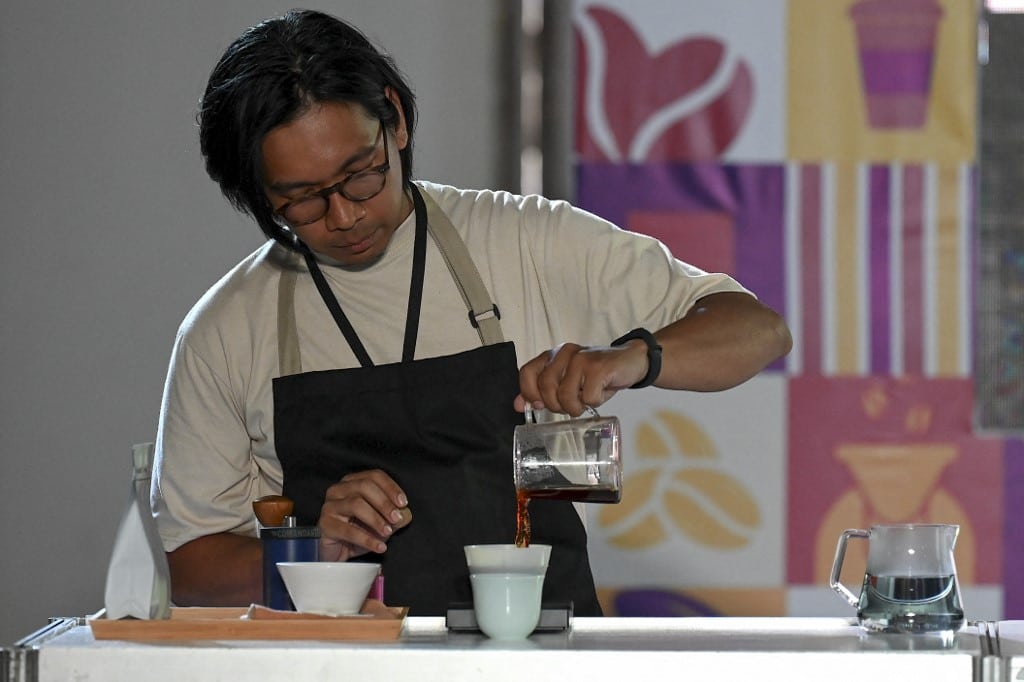
Getting a job and working in Australia as an international student is not as easy as it seems.
Although the country has relaxed rules on working in Australia, challenges remain.
“The Australian Government knows that cost-of-living pressures are affecting international students, like many Australians,” the the Australian Department of Education told Erudera.
“The work hours cap for student visa holders will be reinstated on July 1, 2023 and will be raised from its previous level of 40 hours per fortnight to 48 hours per fortnight.”
The minimum wage is 21.38 Australian dollars per hour. Multiply this by 48 and international students can theoretically make A$1,026.24 per fortnight and A$2,052.48 every four weeks.
Previously, international graduates at the bachelor level were allowed to stay in the country for two years after completing their course, while master’s students could stay for three years and PhD students were entitled to four years based on their visa.
From July 2023, they can stay working in Australia for an additional two years on top of the existing time allowed.
All of this makes working in Australia sound great — until you look at the statistics.
Only 28% of international students exercise their post-study working rights and a mere 16% become permanent residents, according to the Australian Financial Review.
Why are three out of four international students not working in Australia?
It’s a big question to unpack here, so let’s start by looking at what are your rights to work in the country as an international student and graduate:
The A to Z of working in Australia as a student
1. Before graduation
Under the old rules, you are allowed to work 40 hours per fortnight with a student visa. A work week in Australia is considered from Monday through to Sunday.
As this law comes to an end on June 30, new regulations will be implemented. This increases the work hour cap from 40 hours to 48 hours per fortnight.
During semester breaks, international students can work an unlimited number of hours.
It doesn’t matter how you divide this time — you could work more hours for one week and less on the next.
It’s up to you, but you must not cross this restriction. If you want to work for longer periods of time, this is possible — just wait for your holiday period.
A total of 48 hours may seem like a short period, but remember that the reason for your stay in Australia is to pursue your studies.
These hours are put into place to ensure that you have enough time to dedicate to your coursework, exams, and programme-related work.
You’re also guaranteed to earn at least a minimum rate of pay per hour, regardless of your job title. This is currently at A$21.38 per hour.
Some common industries for students include:
- Retail (supermarkets, department stores, boutiques)
- Hospitality (cafes, bars, restaurants, delivery)
- Farming and fruit-picking (depending on the season)
- Services (childcare, aged care and cleaning)
- Administration and clerical work
- Tutoring

It is possible for you to stay and work in Australia after graduating. Source: Alex Wong/Getty Images North America/Getty Images/AFP
2. After graduation
To stay and work in Australia once you’ve graduated, you’ll need to apply for a Temporary Graduate Visa (subclass 485), which costs A$1,730.
The Temporary Graduate Visa allows graduates to work in the country for up to 18 months. It is mainly catered to recent graduates with skills and qualifications relevant to specific occupations in Australia, such as agricultural engineer, carpenter and cardiologist.
It’s best to check if you’re eligible to apply for this visa. Here are some of the requirements:
- You must be below 50 years old.
- You hold an eligible visa.
- You have held a student visa for the last six months.
- You must provide evidence of adequate health insurance for all applicants when you apply.
- You must provide evidence you have applied for an AFP check when you apply. All international students are required to get a national police check (also known as a police certificate, police clearance certificate, criminal history check or criminal record check). Read more about that here.
- You should achieve a minimum score in various English language proficiency tests — click here to view the list of approved tests.
You can check the full eligibility requirements here.
Starting in July, a two-year work extension of post-study work right is available to international graduates on their Temporary Graduate visa (subclass 485).
This will be an additional two years on top of the existing time allowed for those who stay and work in regional areas.

Many international graduates are unable to find full-time jobs that match their qualifications. Source: William West/AFP
Why are international graduates struggling to find work in Australia
While the Australian government has extended the temporary graduate visa, this policy change assumes that graduates are able to get jobs in the areas they studied.
There are four reasons why getting more skilled international graduates into jobs requires more than just a visa extension.
1. Not all international graduates secure a job
Up to one-third of international graduates who stay in Australia upon completing their studies are still unemployed six months after graduating.
Full-time employment rates for international graduates are also consistently lower than for domestic graduates — 43% versus 68.9% in 2021.

When cities like Sydney went into lockdown, many retail stores and restaurants closed, forcing international students in Australia to face unemployment. Source: Peter Parks/AFP
2. When they do find a job, it pays less
Securing well-paying jobs in occupations related to a student’s field of study also takes time.
Many students and graduates report they are taking jobs that are not related to what they have studied — and often for low wages.
Even if international students with an undergraduate degree find full-time employment, studies show they earn 20% less than domestic graduates.
The COVID-19 pandemic limited the amount of work experience opportunities for international students in Australia. Source: Jam Sta Rosa/AFP
3. There are not enough work experience opportunities
International students can only work up to 48 hours per fortnight on a student visa.
With COVID-19 and the push towards more online learning, work placements or internships have become scarce.
Last year, many universities started to offer internships again, but some students completed their studies without practical workplace experience.
What’s more, very few international students have local networks to draw on for job opportunities.
They also tend to be less familiar with Australian workplace contexts and cultures — a big reason why internships are a great avenue for students to get the experience they need to secure an ongoing job.
4. Employers are hesitant or confused
Employers were hesitant to hire international graduates on temporary visas, according to a 2020 Deakin University report.
Other research shows employers favour those with permanent residency because they see them as more likely to stay in Australia and are worth the investment in recruiting and training.
Research has also found employers think international graduates will be more expensive to hire. They would require more on-the-job training to be able to understand Australian workplace cultures.
Some mistakenly think language will be an issue, not realising that all university graduates need to meet the minimum English language proficiency to gain entry into any university programme.

Stint is an online community and platform that aims to help international students in Australia find a fulfilling career. Source: Saeed Khan/AFP
Working in Australia: How Stint is helping companies to hire the best international student talent
Despite not being an international student, Nathan Lee is well aware of the specific challenge of working in Australia as an international student.
He co-founded Stint — an online community and platform that aims to help international students in Australia find a fulfilling career — after learning that his friends had difficulty finding work due to their citizenship and visa status.
It’s a cause that is close to his heart.
“Both my parents were born overseas and my grandfather actually came to Australia as an international student to study in Melbourne,” the co-founder shares.
“My father was a refugee who fled the civil war in East Timor, which made me want to help the underserved or disadvantaged.”

Lee pitching Stint at the Moral Fairground Ethical Enterprise Pitch Competition. Source: Nathan Lee
Lee and his friends conducted research and surveyed 100 international students about their job-searching experiences in Australia.
“Eighty percent of respondents felt disadvantaged when applying for jobs,” he says.
“This pushed us to launch Stint as a job board and community that has since grown into an online platform connecting employers with international students and providing multifaceted support for international students.”
Stint’s community consists of current and former international students, recruiters, employers, and other supporters, including migration agents and trained psychologists.
Together, they serve as an ecosystem providing students with professional and personal support.
Stint bridges the gap between international students and employers as well.
“Our job board only lists roles that international students are eligible for, without Australian citizenship or permanent residency requirements,” says Lee.
“We also provide comprehensive recruitment services to help employers connect with talented and motivated international students.”
View this post on Instagram
Today, Stint is helping over 2,000 international students find work in Australia — but Lee is looking further ahead into the future.
“The bigger issue is that the current system needs systematic changes to provide better and customised support for international students,” he says.
“This requires greater education for the government, universities, and employers to understand the journeys and difficulties of international students.”
He adds: “As a result, our work continues, and we aspire to create a platform that not only aids international students but also gives them a voice that the government, universities, and employers pay attention to.”
While finding a job in Australia as an international graduate is tough, Lee shares a few tips on how you can improve your overall employability.
One of them is to gain relevant experience.
“Consider doing internships, even unpaid ones, as I have done two myself,” advises the co-founder.
“Volunteering for not-for-profit organisations is also a great option, as they always need help. Additionally, joining university clubs is a perfect way to meet like-minded students and gain experience.”










